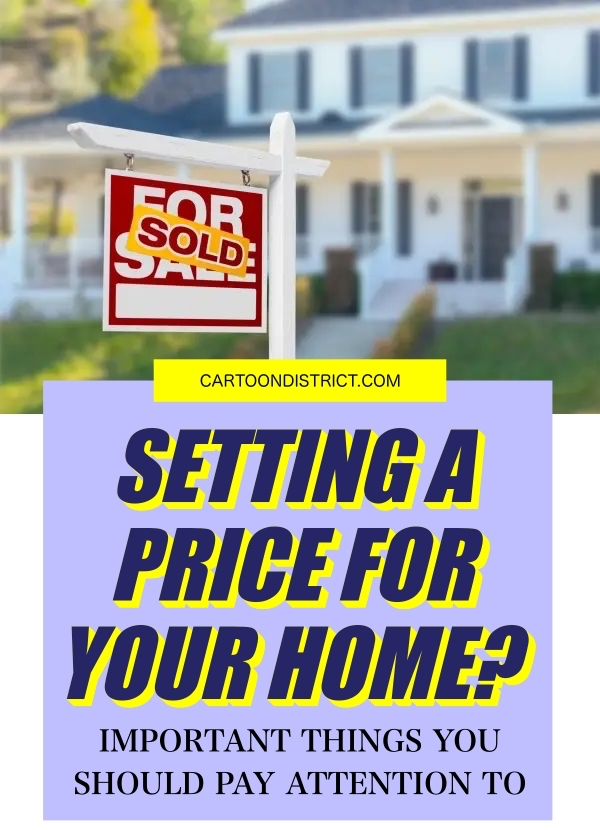When you put your home on the market, the price you set is one of the most important decisions you’ll make. Get it wrong, and you could end up sitting on your home for months – or worse, selling it for much less than it’s worth. So how do you go about setting the right price? Here are six things to pay attention to.

1. Researching Similar Property Prices
The first step is to research how much similar properties in your area have sold for. This will give you a good idea of the market value of your home. You can find this information online, through real estate websites, or by speaking to a local real estate agent. Researching through PropNex can give you a good idea of the average prices in your city or neighborhood. For example, the average sale price of a home in Singapore was $958,000 in 2019. You can also research how homes are getting sold on the market based on their condition as the condition of your home will also affect its value.

If your home is in good condition, you’ll be able to ask for a higher price than if it needs some work. It’s worth getting a professional opinion on the condition of your property before you put it on the market. This will help you identify any areas that need to be addressed and give you a realistic idea of how much repairs or renovations will cost.
2. The Size and Location of Your Home

The size and location of your home are two other important factors that will affect its value. Properties in prime locations will be worth more than those in less desirable areas. The size of your home will also affect its value – larger homes will usually sell for more than smaller ones. However, it’s important to keep in mind that the market value of your home is not necessarily the same as its physical size. The actual size of your home will be determined by the number of rooms and the amount of living space, but the market value takes into account other factors such as the location and desirability of your neighborhood.
3. Your Home’s Age and Condition

Another factor that will affect your home’s market value is its age and condition. Older homes tend to sell for less than newer ones, but this isn’t always the case. The condition of your home is also important – a well-maintained home will usually sell for more than one that needs some work. If you’re not sure about the condition of your home, it’s a good idea to get a professional opinion before you put it on the market.
4. The Current Market Conditions

The current market conditions are also important to consider when setting a price for your home. If there are more buyers than sellers in the market, prices will be higher than if there are more sellers than buyers. You can get an idea of the current market conditions by speaking to a local real estate agent or doing some research online. Additionally, if interest rates are low, this is usually a good time to sell as buyers will have more purchasing power.
5. Your Home’s Unique Selling Points

When you’re setting a price for your home, it’s important to take into account its unique selling points (USPs). These are the things that make your home special and desirable to buyers. For example, if your home has a unique layout or is located in a desirable area, you’ll be able to ask for a higher price. If you’re not sure what your home’s USPs are, it’s a good idea to get some professional advice from a real estate agent. Make sure to highlight your home’s USPs in your marketing material to attract the right buyers.
6. Your Circumstances

Finally, you should also take into account your circumstances when setting a price for your home. If you need to sell quickly, you may have to accept a lower offer than if you’re not in any hurry. Alternatively, if you’re not in a rush to sell, you may be able to wait for the right buyer who’s willing to pay your asking price. For example, if you’ve been transferred for work and need to sell quickly, you may have to accept a lower offer than if you were selling voluntarily. Additionally, if you’re selling your home as part of a divorce settlement, you may have to accept a lower offer than if you were selling it on your own.
When you’re setting a price for your home, it’s important to consider all of these factors. Doing your research and getting professional advice will help you arrive at a fair and realistic price that will attract buyers and help you achieve your desired outcome.
